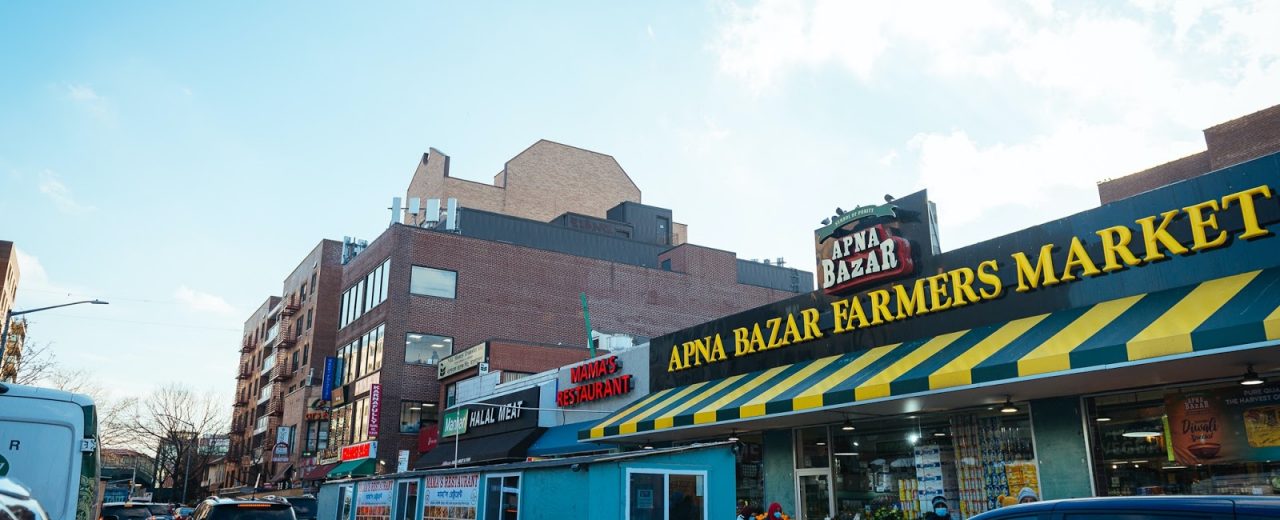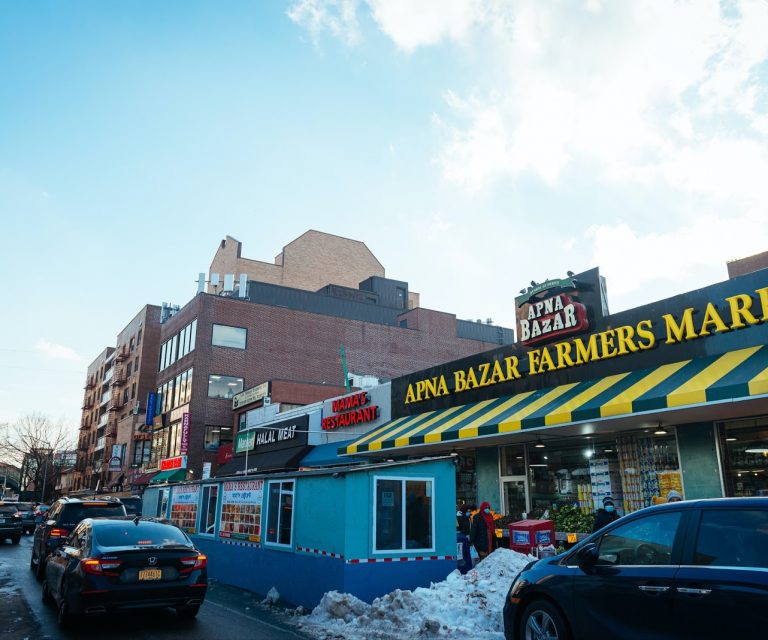According to the 2012 Survey of Business Ownership, there are approximately 2 million AAPI-owned businesses, representing a little over 7% of all privately owned businesses in the U.S. These businesses are concentrated in major cities such as New York, Chicago, Seattle, Washington DC – many of which have been severely impacted by the pandemic. Of these 2 million AAPI businesses, over 1.2 million (or 60%) are located in the 30 metropolitan areas with the highest number of confirmed COVID-19 cases (as of April 29, 2021).
As many of these cities began issuing their stay-at-home orders, businesses were scrambling to figure out how they could continue to operate. Many immigrant and refugee owned businesses lacked the online presence or resources to shift their business model in ways that would have allowed them to adapt to new market conditions.
“AAPI Businesses have less customers, they don’t have the capacity to do online orders, lack of online presence to advertise their take out services, Grocery stores have low staff to handle restocking…” – Small business TA provider, Long Beach, CA.
Most small businesses have it very hard during this pandemic. But for entrepreneurs of color, and in particular those that are in low-income communities, the pandemic has made the future uncertain for not just individuals and families, but also whole communities.
Despite the ability to reopen, many AAPI entrepreneurs across the country are finding that it may not be worth it. National CAPACD members cite that small businesses in their communities are struggling with low business volume, and are questioning whether to keep the business at all.
Others are facing eviction and need in-language legal assistance to navigate landlord/tenant issues. According to a national survey of AAPI small business owners conducted by Small Business Majority, “76% of AAPI entrepreneurs who own or rent their commercial space, 55% report that it’s difficult to make their rent or mortgage payment. Nearly 4 in 10 (38%) have negotiated a delay, suspension or deferral of their payments (compared to 24% of all small businesses). Nearly one-third (29%) have attempted to negotiate their payments but didn’t receive a reprieve (compared to 19% of all). More than half (52%) anticipate difficulty paying for their commercial space in the next six months.”
The concentration of AAPI business ownership in COVID hotspots only further exacerbates the likelihood of displacement that AAPI entrepreneurs, and low-income AAPI communities at large, face. Such displacement of AAPI businesses would have sweeping implications for the future of AAPI neighborhoods across the country. Undoubtedly, community development advocates within National CAPACD’s network are concerned that without a strong small business presence, the bustling Chinatowns and Little Saigons that have become known for their flavorful character could be reduced to a mere shadow of their pre-pandemic vibrancy. Advocates worry that elderly residents and other patrons may be hard pressed to find basic staples and traditional or culturally-significant items from their local businesses.
One National CAPACD member said, “In the communities we serve, we see many small businesses struggling during COVID. Asian businesses to whom we have provided technical assistance over the years closed and laid off employees. We began to hear from small businesses from all over the Twin Cities that they couldn’t pay rent and were running out of money. The Little Mekong Asian business district, like other cultural corridors, became silent as social distancing took effect. The fear set in us that, after years of work engaging the businesses and developing Little Mekong district into a prominent cultural destination, the businesses and the district itself could disappear overnight. It could become real that Little Mekong, a visible symbol for the Southeast Asian community since our dislocation and relocation to the Twin Cities, would cease to exist, which was why our organization was founded in the first place to prevent.”


